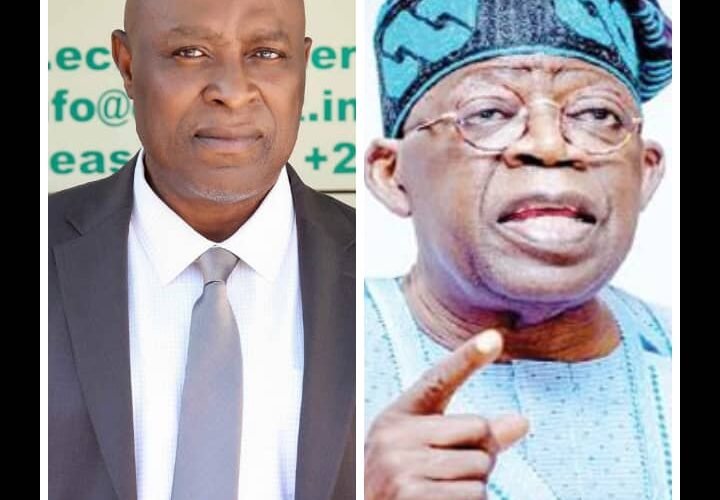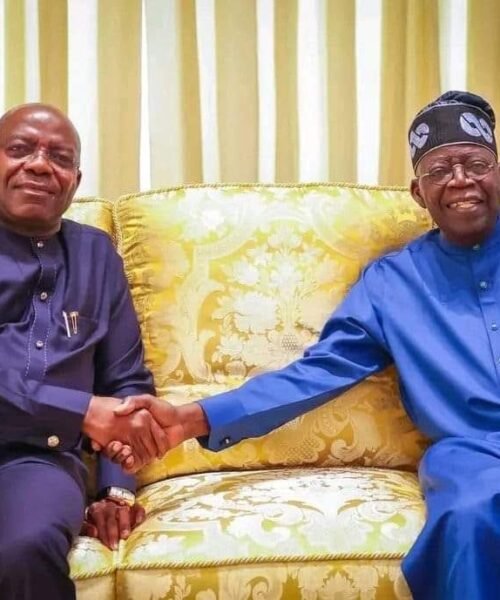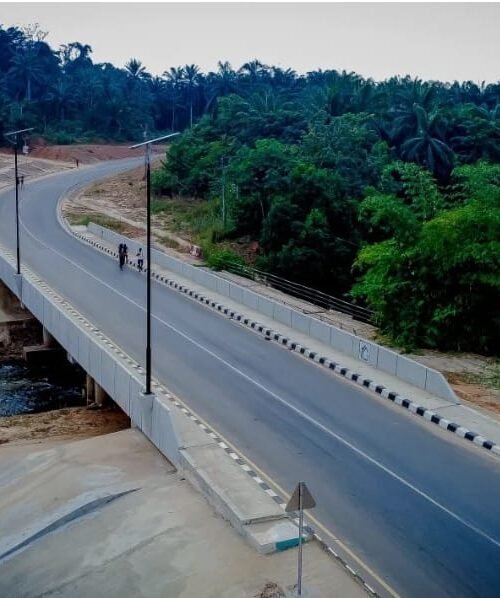The Fear of the Igbo: How Ethnic Propaganda and State Policy Strangle Development in the South-South
By Charles Ude, Esq.
Abuja-based legal practitioner and public opinion analyst
Email: charlesude2014@gmail.com
Abstract
The systemic marginalization of the Igbo people, driven by deep-seated fear, political rivalry, and economic suppression, now extends far beyond the South-East. Nowhere is this more palpable than in the deliberate stifling of infrastructure and industrial development in the South-South region of Nigeria. This article argues that the anti-Igbo sentiment, packaged as political strategy, has been sold to the South-South, weaponized to paralyze progress, and used as a smoke-screen to concentrate wealth and power in the hands of external interests.
Introduction
A nation that silences its own children builds its future on sand. Nigeria, for decades, has perfected a political tradition of exclusion,where entire regions are held hostage to myths, and progress is sacrificed at the altar of prejudice. In this theatre of distrust, the Igbo have become both the scapegoat and the suppressed. And in this drama, the South-South region plays a peculiar role: not just as a victim of neglect, but as an unwitting accomplice in its own underdevelopment.
The propaganda is simple but potent: that any meaningful economic advancement in the South-South, especially through port and refinery development,will disproportionately benefit the Igbo. This dangerous narrative has taken root, metastasizing into a statecraft of sabotage. As a result, the South-South remains rich in resources but poor in infrastructure, rich in potential but bereft of policy direction.
Ports as Instruments of Power: The Lagos Monopoly
It is no coincidence that Nigeria’s only functioning ports are concentrated in Lagos. From Apapa to Tin Can Island, and now the ultra-modern Lekki Deep Sea Port, maritime infrastructure in the South-West enjoys full federal support and robust investment. Meanwhile, ports in Port Harcourt, Warri, and Calabar, all with vast potential to open up regional trade, are neglected, underutilized, or simply left to rot.
According to the 2022 Nigerian Ports Authority (NPA) Annual Report, over 80% of Nigeria’s cargo traffic is routed through Lagos. This imbalance is not the result of market forces alone,it is the product of deliberate policy choices. The concentration of maritime activity in Lagos is not only economically irrational in a geographically diverse nation; it is also politically calculated to consolidate economic hegemony.
The Tale of Two Refineries: Lagos vs. the Niger Delta
Nowhere is the injustice more glaring than in the petroleum refining sector. The Dangote Refinery, a $20 billion mega-structure in Lagos, has become the crown jewel of Nigerian industrial policy, receiving incentives ranging from tax holidays to guaranteed crude oil allocations. Meanwhile, state-owned refineries in Warri, Port Harcourt, and Kaduna remain in comatose condition, despite billions of naira in “turnaround maintenance.”
As of 2025, none of these refineries are operational. What explains this disparity? Why would a nation so dependent on petroleum products starve its refineries in the oil-producing heartland, while elevating a privately owned one in a non-oil-producing zone? The answer lies in a strategic calculus that views the empowerment of the Niger Delta, and by extension, the Igbo hinterlands,as a threat to the status quo.
Oil Without Ownership: The Plunder of the South-South
Despite being the economic engine of Nigeria’s oil wealth, the South-South region has little or no control over its own resources. The 2021 NEITI Audit Report reveals that over 80% of oil blocs in the Niger Delta are owned by individuals and corporations with no ancestral or community ties to the region. Local communities are left with environmental devastation, poverty, and tokenistic handouts, while the true wealth is siphoned to Abuja, Lagos, and beyond.
This dispossession is not accidental. It is systemic. It reflects an entrenched culture of exploitation aided by weak, complicit, and often self-serving regional leadership. These so-called leaders, rather than defend the interests of their people, often align with the federal power structure for personal enrichment, selling their birthright for ministerial crumbs and empty political relevance.
Divide and Underdevelop: The Igbo as the Convenient Boogeyman
To consolidate this injustice, a simple but effective wedge has been driven between the South-South and the South-East: “the Igbo are your problem.” This lie has been sold in pulpits, classrooms, and political rallies, framing Igbo aspirations as a threat rather than a complement to South-South development. As the biblical Joseph was cast into the pit by his brothers out of envy, so too has the Igbo been demonized, isolated, and sacrificed at the altar of political paranoia.
Yet the truth is stubborn: the development of ports and refineries in the Niger Delta will benefit all of Southern Nigeria. The failure to develop them has hurt not the Igbo alone, but the Ijaw fisherman, the Ogoni trader, the Itsekiri transporter, and the Efik entrepreneur. In keeping the ports shut, we have kept our futures locked away.

The Igbo Paradox: Prosperity Amidst Persecution
Remarkably, the Igbo continue to flourish in spite of these policies. Whether in Aba’s resilient manufacturing clusters, Onitsha’s expansive markets, or in the diaspora’s academic and professional achievements, the Igbo spirit remains indomitable. Like a candle in the wind that refuses to die, they have become symbols of economic resistance in a nation that seeks to suppress them.
But their success must not be used as justification for continued exclusion. Instead, it should serve as proof that inclusive development, not ethnic suspicion, is the way forward.
Conclusion: The Time to Awaken is Now
The greatest tragedy is not that the South-South has been marginalized. It is that it has been made to believe its enemy is its neighbor. Until this lie is exorcised, the region will remain a rich land governed by poor minds. It is time for the South-South to break the shackles of deceit, to partner with the South-East, and to demand equity in infrastructure, ownership, and opportunity.
A rising tide lifts all boats,but only if we open the ports, ignite the refineries, and silence the divisive whispers of a fearful state. Let Lagos not be Nigeria’s only gateway. Let the Niger Delta rise as a co-equal contributor to the nation’s prosperity.
References
Nigerian Ports Authority. Annual Report, 2022.
Nigeria Extractive Industries Transparency Initiative (NEITI). Audit Report on Oil and Gas Sector, 2021.
Chido Onumah. We Are All Biafrans. (2016)
Obi Nwakanma. “The Parable of a Captive Nation.” The Vanguard, 2023.
Ukoha Ukiwo, “Violence, Identity and the State in the Niger Delta,” Nordic Journal of African Studies, 2003.







